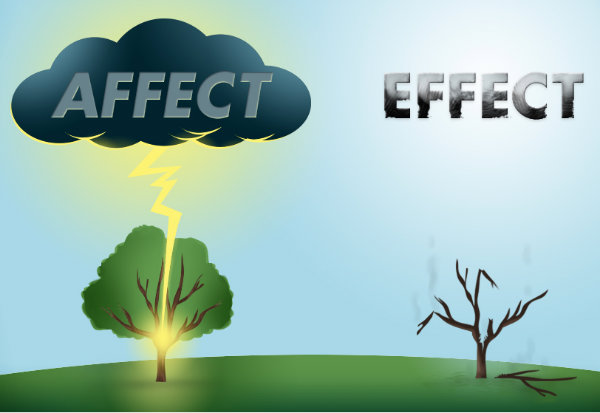Affect
Affect is at once an actual phenomenon and a virtual force, a material effect and an immaterial disposition. As a conception, it pairs dangerously close to our understandings of emotion and therefore exists as something familiar and seemingly knowable despite not having objective tangibility. As a result of this it is often rendered academically in fairly abstract and philosophically rich but obscurantist terms. It is then a troublesome concept to mobilize in the social scientific endeavor of doing human geography. It is at once a seemingly necessary and useful idea with which to confront and reveal key aspects of practice, embodiment, and performative based understandings of sociality, and at the same time steals our intent as academics, forcing us to rethink the habitual interpretations we live through, thus taking us into unfamiliar ways of thinking that are not easily written up fit for academic dissemination.
For human geography the study of affect comes at a particular time in the history of the discipline, a child of a fast and furious set of fashions emanating from the cultural, practice, and performative turns that have reverberated across the field in the last 10–15 years. As a phenomenon itself though it is of course nothing new sitting inventively at that juncture where we attempt to think through how we, both in the past and the present, perceive the world through the senses. Herein ChristopherWoolgar's accounting of the senses in late medieval England halts any dismissal of affect's importance as merely faddish. In terms of theorization, affect places us close to philosophy's heart, namely at that first, although not originary, moment of intuitive comprehension; at the edge of becoming in a becoming world where we can never quite know exactly what is what and where we are. Therefore questions of idealism, realism, essentialism, and even materialism are recast as what was once assured interpretation housed in the phenomenology of intentional consciousness gets fragmented, displaced, and shaken up.

In a sense then affect seriously disorientates the modes by which we make academic accounts of the world. This is particularly so with the body, the center, and the origin of the logos in these affect based accounts, whether discerned passive or active, which no longer finds itself in relation to an outside world of lifeless matter for matter now permeates its very being. Here a concept of nature is presented in terms of a materialism whereby one substance, that exists both as matter as force and as force as matter, has many centers, perspectives, or folds prior to any sense of a perceiving subject. The humanist telos of a singular perspectival phenomenology of perception is undone by a constructivist doubling of sense wherein the sensible (what we feel) is rendered simultaneous with the intelligible (understanding and acting on that feeling). Consciousness and comprehension do not prejudge action as intentional, rather action takes place in the realm of the senses where the nerve snap of taste – 'disgusting!' for example – informs and infects the visceral cartography of the body before it is apprehended and understood – as 'sour'.
The philosophy of Gilles Deleuze is a significant resource for human geography's growing appreciation for affect. In particular, Deleuze opens up the question of the thought demanded in the empirical acceptance of affect, pushing us to think affect heterogeneologically and differently accessed by philosophy, science, and art; and in the excitement of all this experimentation, in our own bodies too. There are many research compounds here. Philosophy and science y Philosophy and art y Science and art.
Affect is then a concept that tasks social science to think real experience again. Contra critiques that it is more an engineered abstraction than an earnest accounting of a grounded encounter; it is empirically messy and often explicitly sensuous. What is distinct is its removal from social constructions of everyday emotion, from ideas that specific movements and feelings of the sensible are intelligibly framed and thus tangible and thus understandable. Affect is then the surplus that is not socially constructed; it is instead the stuff of our being and not the semiotic material that enables us to understand our being. Ultimately affect attends to the fact that a lot of the world is unintelligible. It is then in excess of epistemology and of consciousness, existing as a substrate of potential bodily response, being auto motive or ontogenetic rather than willed.
- Activism and Academia: Contradictory Spaces?
- Responsible Activist Geographies
- Activist Methodologies, Collaborations, and Everyday Life
- Toward More Fully Activist Geographies
- Activist Geographies
- Geographies of Activism Types and Catalysts of Activism
- Network Geographies
- Moves into Geography – Bypassing Dualisms
- Actor-Network Theory